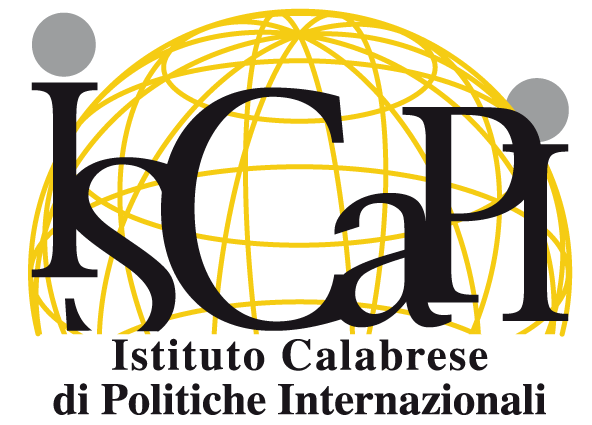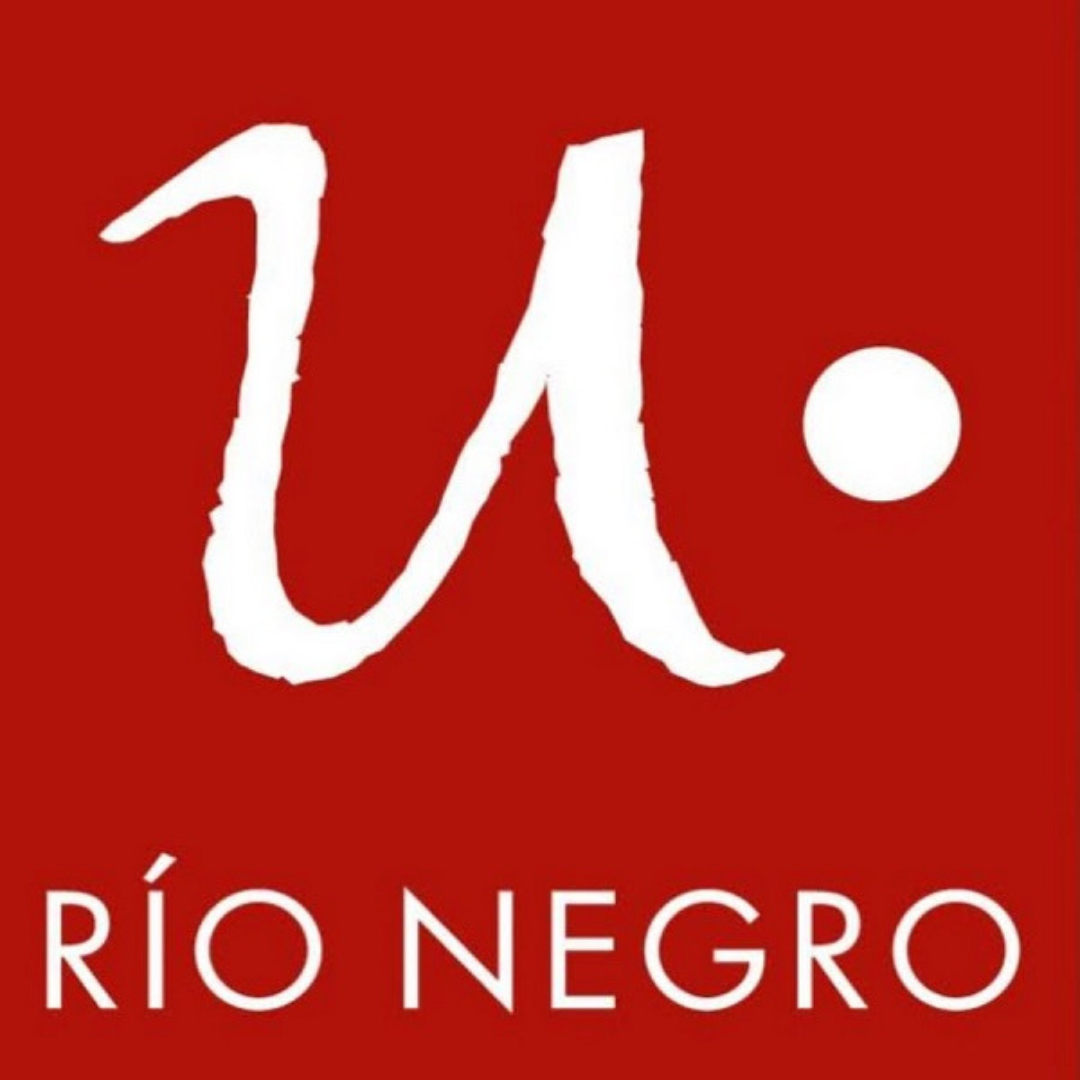Summer Peace Music Festival
The idea behind Summer Peace Music Festival
From the innate need to communicate, musical language took shape—a language that, despite its variety and richness of expressions, remains a universal code comprehensible to all cultures. Music is a common thread that unites peoples and nations, breaking down divisions and fostering the meeting of different generations and traditions.
The Festival serves as a perfect complement to the Summer Peace University, highlighting the values of peace and international cooperation that are the beating heart of the initiative. Through the power of dialogue and culture, the aim is to train future leaders capable of facing global challenges with awareness and commitment.
In this context, music has always and will always stand as an Ambassador of Peace, a true bridge between languages and religions, capable of breaking down barriers and creating deep connections among people. It represents a universal dialogue that unites minds and souls toward a shared goal: lasting and limitless well-being.
The slogan chosen for this edition, “The universal message of music in the service of peace among peoples,” perfectly embodies the spirit of the Festival, aligned with the founding principles of the Summer Peace University.
A Harmonious Beginning
The festival opened with an evocative performance by jazz pianist Riccardo Gulimi and vocalist Rosa Antonuccio. Their repertoire featured iconic film soundtracks, including Hans Zimmer’s Gladiator theme, and globally cherished songs like Michael Jackson’s “We Are the World.” These selections highlighted the universal power of music to unite humanity and promote fraternal relations.
Works by legendary composers such as Ennio Morricone, Nino Rota, and Nicola Piovani were complemented by profound songs from artists like Bob Dylan and John Lennon, emphasizing themes of human struggle and triumph.
This inaugural concert successfully engaged students, professors, and local villagers, underscoring music’s ability to promote peace and solidarity.
Echoes of Italy
Week 2: October 30th – Ethno-pop
The second week of the festival explored the ethno-pop genre, with performances by guitarist Ciriaco Siniscalchi and vocalist Irene Cantisani. The concert celebrated the rich tradition of Italian singer-songwriters, paying tribute to iconic artists such as Fabrizio De André, Domenico Modugno, and Mia Martini. Special attention was given to Southern Italian popular music, weaving together cultural pride and artistic expression. This session symbolized peace and intercultural dialogue, resonating deeply with participants and the local audience.
Summer Peace Festival’s Grand Finale
The final concert delved into the world of opera, addressing profound historical and societal themes such as slavery, gender diversity, and forced marriages. Performers Rosa Antonuccio (soprano), Francesco Laino (baritone), and Romeo Lombardi (pianist) presented characters and narratives from the works of Händel, Mozart, Bellini, Verdi, and Puccini. These stories, though rooted in history, carried messages that remain deeply relevant in the 21st century.
The final performance underscored love as a central theme—a hope for humanity’s renewal and a cornerstone for global peace.
The Summer Peace Festival was an integral component of Summer Peace University’s holistic educational approach. Through music, it provided a platform for participants from diverse backgrounds to connect, reflect, and engage with one another. The festival’s varied themes—ranging from cinematic soundtracks to opera—highlighted music’s ability to narrate humanity’s shared experiences and inspire social change.
Beyond its artistic value, the festival fostered intercultural dialogue and unity, engaging not only the university participants but also the local community. It served as a celebration of music as a universal language capable of bridging divides and promoting the ideals of peace and compassion.
The festival’s conclusion left participants inspired and hopeful for a future rooted in understanding and mutual respect, encapsulating the very essence of Summer Peace University’s mission.
An Ode to Peace
The third concert brought a classical touch, featuring the harmonious interplay of piano, violin, and clarinet performed by Andrea Bosa, Giovanna Ferraro Caruso, and Domenico Russo. Their repertoire included works by Verdi, Fauré, Khachaturian, Milhaud, and Piazzolla, guiding the audience on an emotional journey through classical music’s timeless beauty. This edition highlighted classical music as a universal language of love and inspiration, reinforcing the festival’s theme of peace.





